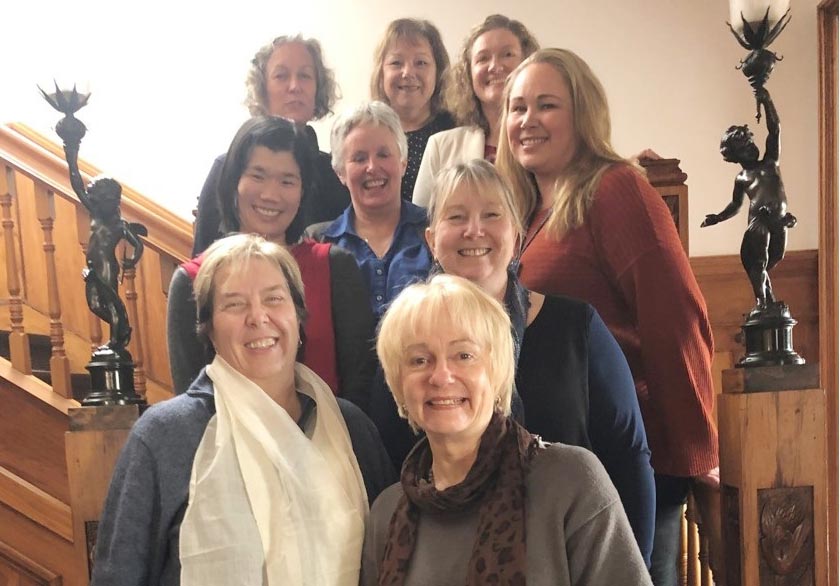Outgoing chair Bridget Richards said lower pay and lack of support were key reasons why nurses left aged care.
“We currently find that those who come to work in aged care will stay for only a year or so, with the aim of moving to the district health board [DHB].”
The college wanted to look at how to make ARC more attractive to nurses – and potential residents – and was partnering with Wintec’s “Design Factory” team to find innovative solutions, Richards told Kai Tiaki Nursing New Zealand.
The Design Factory New Zealand brings together Wintec students and teachers and industry and community leaders to solve problems. It is one of 31 global design hubs, originating at Finland’s Aalto University.
Researchers, social worker Anneke Driessen and registered nurse Shareen Hanif, both masters of professional practice students at Wintec, updated the college in October on the project: How might we provide expert care to an ageing and changing population in Aotearoa, New Zealand?
They said by 2050, 25 per cent of New Zealand’s population would be over 65, and would require a “responsive, innovative, person-centred approach to thrive”.
Barriers to thriving included loneliness, isolation, lack of support, fear of ageing and moving into a rest home. Not a single person interviewed by researchers wanted to go into ARC, Driessen and Hanif said.
These insights helped define the needs of older people (connection and support; a multi-disciplinary approach; a desire to stay in their homes and communities; better communication and improving “antiquated” technology).
Resulting ideas to make ARC more person-centred included a wellbeing book and a wellness expo – both “well-received”, they said.
Their interviews also found nurses generally viewed working in ARC as a “stepping stone” to other work and not an attractive place to work, with too much responsibility and not enough multi-disciplinary support. Staff felt overworked and undervalued.
The next phase would focus on ARC staff needs.
Richards expected the findings to have national, and potentially global significance, for transforming ARC.
Report by NZNO college of gerontology nursing committee member Morag MacKenzie and co-editor Mary Longmore.





